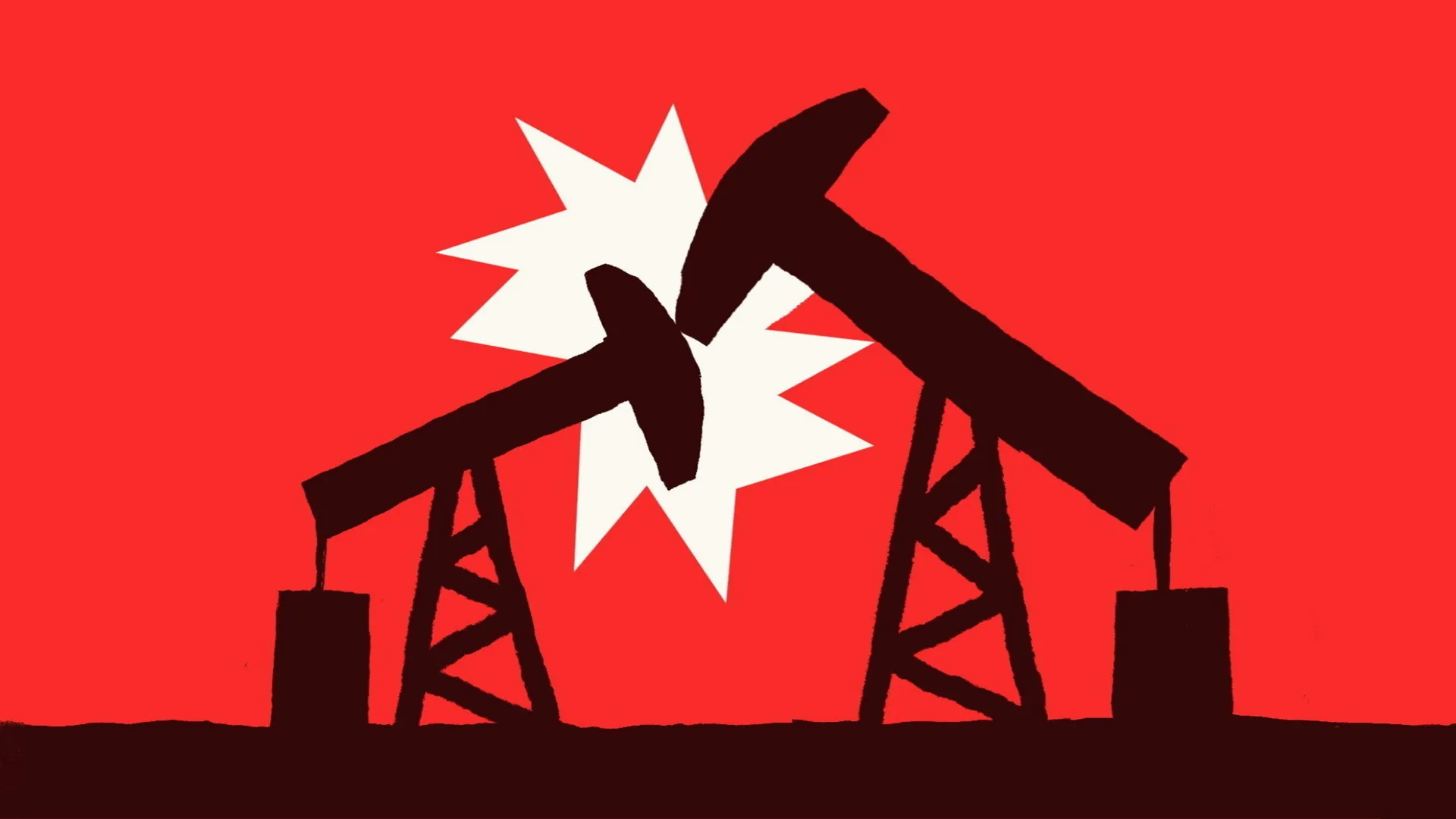
The writer is a senior fellow at the Carnegie Russia Eurasia Center
Donald Trump’s gleeful “Drill, baby, drill” pledge chimes with the idea of weaponising America’s status as the world’s largest oil producer to strip Russia of the oil revenues funding its war in Ukraine. This line of argument usually has two main points: that the US could flood the market with its crude, driving prices lower and pushing out expensive Russian barrels, and that increased US production could make it possible to embargo and sanction Russian oil exports altogether without causing a shortage and sending prices sky-high.
There is already a wave of scepticism among both oil industry analysts and insiders over the viability of the 3-3-3 economic plan announced by the Treasury secretary nominee Scott Bessent. This includes increasing US oil production by 3mn barrels a day, or an energy equivalent, by 2028. The cost structure of shale oil — the main growth engine of US oil production over the past 15 years — is such that, according to the Dallas Fed, oil producers need on average a forecast of $64 a barrel price to drill a new well. Quite a few existing wells would be shut down if the price falls below $50 a barrel. The government might cut some red tape and make more federal land available for drilling, potentially offering opportunities for more prolific wells with a lower break-even price, but those changes would not have a drastic impact.
The irony is that the Biden administration, for all its green measures and talk, has not been too hard on the oil industry, so there is little additional pressure that the Trump administration could remove. Theoretically, it might stimulate additional production by reducing the royalty charged on barrels produced on federal land, but that royalty rate is already much lower than in most of the world. Another possibility would be to offer production-stimulating corporate income tax cuts, but that would contradict other elements of Bessent’s plan. Even if the plan to increase oil production works, its target date of 2028 will certainly not help Trump enact his promise to stop the war in Ukraine during his first weeks in the Oval Office.
Oil production growth in most places — Russia included — is usually the result of activities performed and planned long before the fact, during the fat years. Today, Russia does not have many sources for continuing oil production growth: most new projects have been mothballed since the full-scale invasion of Ukraine in 2022. Russia might even struggle to maintain a plateau once it eats through the inventory of the approximately 1mn-barrel-a-day spare capacity that was taken offline under Opec+ agreements.
But it would not cost much for Russia to maintain a manageable decline of 2-3 per cent a year. By some estimates, the average cost of producing, processing and transporting the oil to export terminals from the existing wells in today’s Russia is $11-$12 a barrel, and $17 a barrel with drilling and development costs within existing fields. That has been creeping up with inflation, but it is mostly rouble-based, so a weakening rouble drives dollar costs lower. Even assuming that the US plan works and the US and Saudi Arabia agree to bring prices below $50 a barrel, it is unlikely that this would make Russia curtail its oil production.
It’s true that the country’s trade balance would suffer in such a situation: a $10-a-barrel change in the export price translates to $25bn a year, but that is less than 7 per cent of total Russian exports and even less than the annual current account surplus now. There will be extra losses from gas trade, as gas prices in Chinese contracts are linked to the oil price, but the volumes are far smaller.
Nor will the hoped-for 3mn barrels per day of additional US production be enough to replace the 7mn currently exported by Russia. As a result, it would still be very disruptive to try to embargo Russian oil from the world markets altogether. That strategy mostly worked with Iran in 2018, but there were only 3mn barrels of export volumes to replace. Russia plays a much bigger role in the global oil markets and there is no quick fix that can change that, even if everything goes according to Trump’s very ambitious plans and campaign trail promises.
Since the beginning of the war, the west has managed to put a dent in Russia’s oil revenues, but it is now struggling to reduce them further. So far, Trump and his associates have not produced a plausible breakthrough strategy for the short to medium term. It is accordingly wise to design plans and strategies regarding Russia around the assumption that its oil revenues remain quite resilient and cannot be drastically reduced.